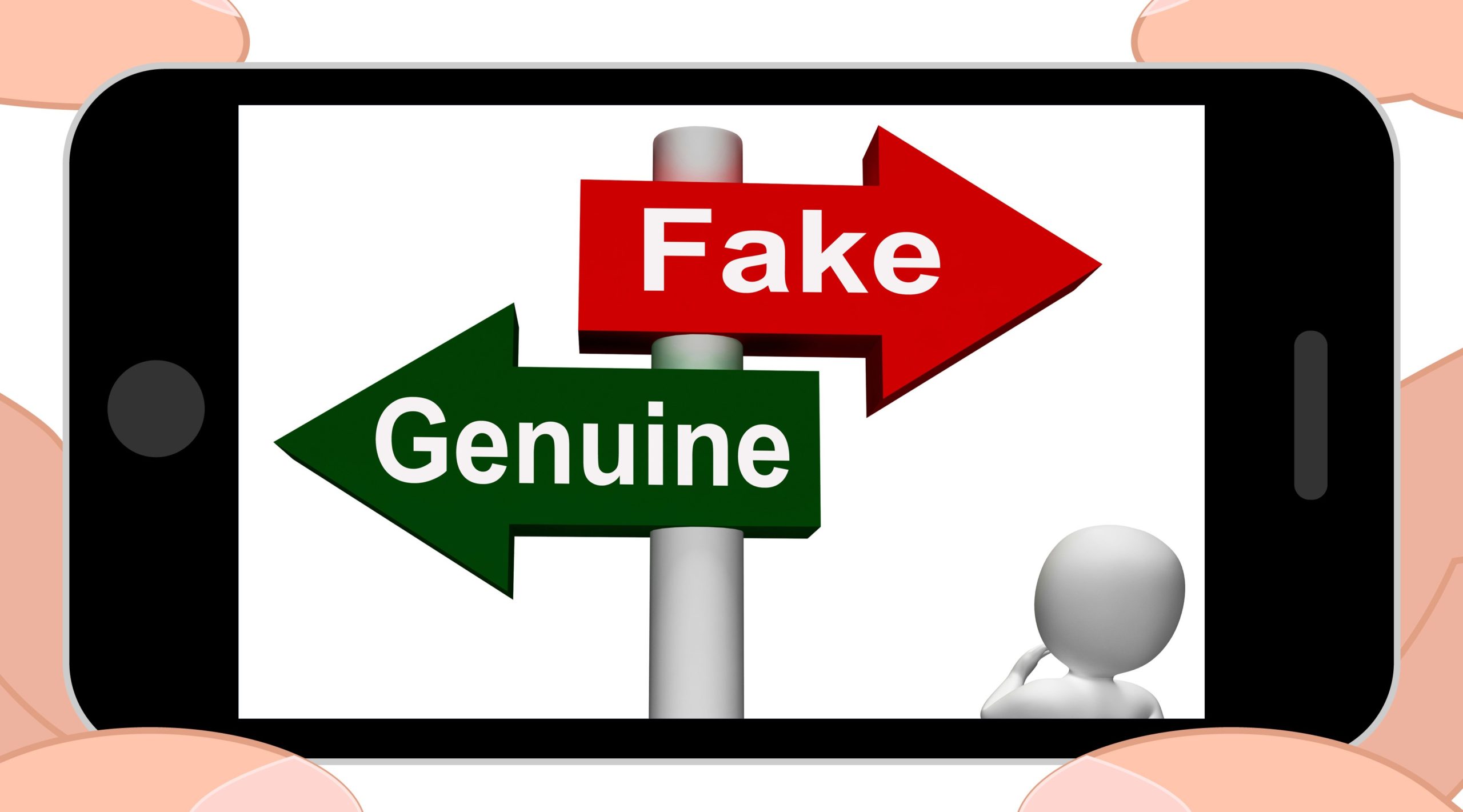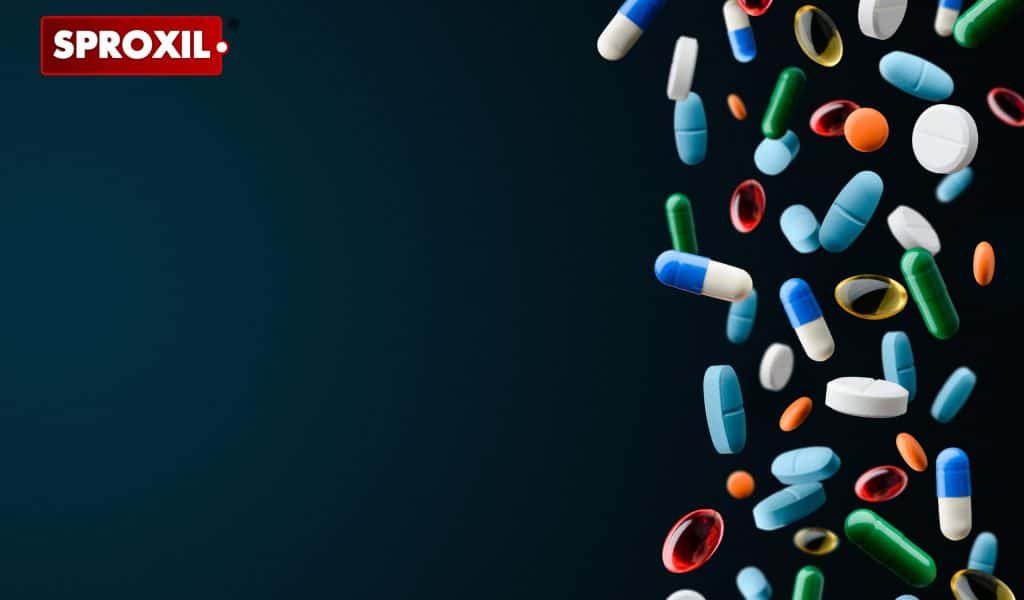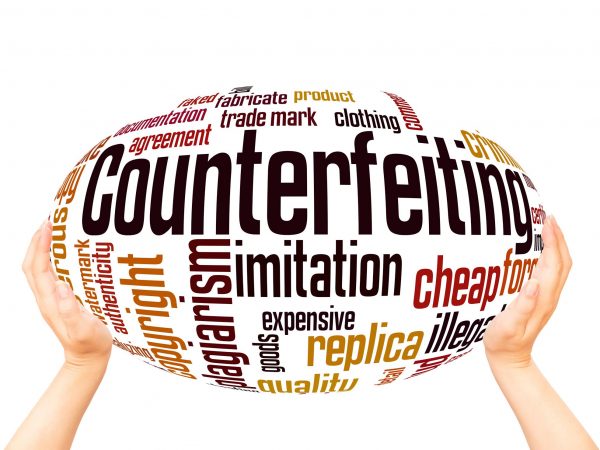March 24th is World Tuberculosis (TB) day. The purpose of this day is to raise awareness about the TB epidemic and to support all control efforts around the world. This yearly event signifies the date when Robert Koch first discovered and announced the existence of Mycobacterium Tuberculosis back in 1882. Over the years, significant progress has been made towards eradicating the disease worldwide and this is reinforced through annual recognition and a call to action for continuous progress. While we have yet to wipe out TB completely, progress so far has been incredible. According to WHO, “about 37 million lives were saved worldwide between 2000 and 2013 through TB diagnosis and treatment and 86% of people who developed TB and were put on treatment in 2012 were successfully treated.“
While significant advances are being made towards eradicating TB, counterfeiters are equally as relentless in their efforts to halt progress by pumping counterfeit and substandard drugs into the market. Tuberculosis can be cured with several rounds of heavy antibiotics with the correct amount of active ingredients. Unfortunately, counterfeiters produce drugs without the right amount of the active ingredient. The effect of counterfeit drugs on tuberculosis in the bodies of these patients can cause the bacteria in the patient’s body to develop resistance to the drugs because the drug is not potent enough to completely destroy the bacteria.
Based on this according to the WHO:
- Multi-drug resistant TB (MDR-TB) does not respond to standard treatments and is more difficult and costly to treat. MDR-TB is a form of TB that is present in virtually all countries surveyed by WHO. The primary cause of multi-drug resistance is the inappropriate or incorrect use of anti-TB drugs.
- An estimated 480,000 people developed MDR-TB in 2013. In some cases, an even more severe form of multi-drug resistant TB may develop with bad treatment. Extensively drug-resistant TB (XDR-TB) is a form of TB that responds to even fewer available medicines.
Why do substandard TB medications exist in these countries?
– There are unregistered drugs present in pharmacies
– There are food and drug regulatory bodies with limited resources and oversight
– There are weak customs and border control
How can we tackle this?
– Enforce registration policies for all consumer products that enter the market
– Set up in-country facilities to test medicines before they are sold to the public
– Strengthen border control and food and drug regulatory resources
– Partner with organizations working to combat tuberculosis such as Stop TB, TB Alliance, KNCV TBC
– Partner with experienced technology providers to ensure that genuine TB drugs get in the hands of each TB patient
On this World Tuberculosis Day, Sproxil is calling on all regulatory bodies, organizations working to fight TB and healthcare service providers to join this fight against counterfeit drugs.
Let us work to end Tuberculosis worldwide together.



